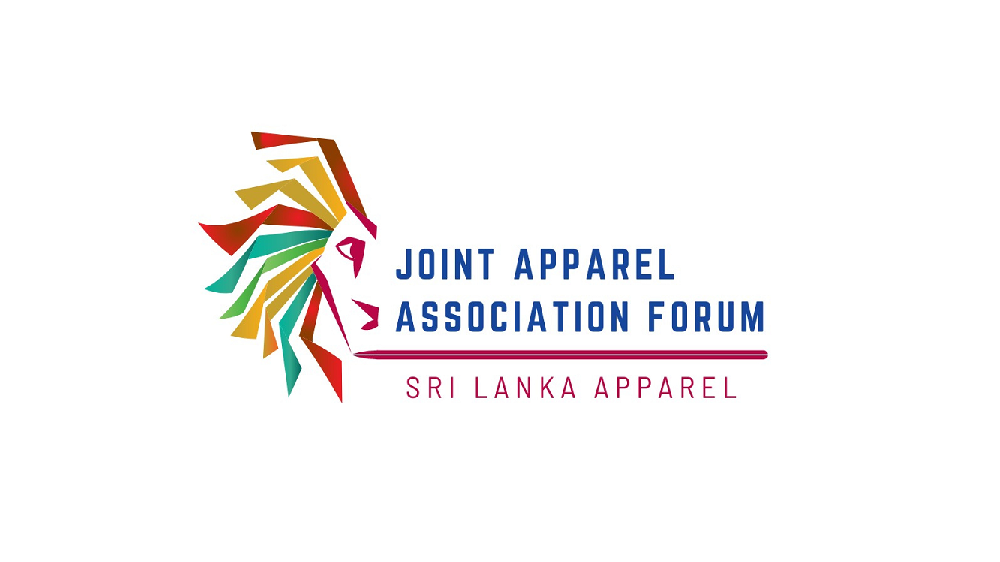
- Questions the timing, given the current climate of decline in exports.
- Abolishing of SVAT is revenue neutral to the Government.
- Urges Govt to shield the sector from needless internal shocks.
9th June 2023: The Joint Apparel Association Forum (JAAF) hereby expresses its deep concern and disappointment regarding the recent decision to end the long and well-functioning Simplified Value Added Tax (SVAT) scheme. JAAF, representing the interests of the apparel industry, firmly believes that the abolition of SVAT for exporters will have detrimental effects on the sector, already reeling under the pressure of declining exports, jeopardizing the cash flows of businesses and impeding the efforts to return to overall growth.
The abolition of SVAT will create a further burden on an already stressed industry and particularly on company cash flows as funds will be tied up in even the most efficient refund systems, JAAF stated, adding that the impulsive and non-consultative decision will have disastrous impacts on the long-term operations of a viable sector.
The abolition of SVAT will create a further burden on an already stressed industry and particularly on company cash flows as funds will be tied up in even the most efficient refund systems
Whilst recognising the need for the Government to achieve its revenue targets. JAAF notes that the abolishing of SVAT is completely revenue neutral to the Department. Removal of SVAT will only lead to increased cash flow between the Exporter and the IRD. Sri Lanka’s track record on VAT refunds is poor and prior to the introduction of SVAT, exporters had refunds due from the Department that ran into over 18 months.
It is important to note that as history has shown, the refund system that existed before the introduction of SVAT had large fraud in the non-export sector, and not among exporting companies. Exporters utilize SVAT for the purchase of local inputs, which are subsequently converted into finished products for export. As such they have very little sales locally which reduces the potential for abuse of the system. In any event the likelihood of abuse is much higher in a system based on payment and refund as against a voucher system of SVAT.
Further, the decision has seemingly failed to consider the fact that apparel exporters may be compelled to importing raw materials rather than purchasing them from domestic manufacturers and having their cash flows restricted by the VAT refund system. This will lead to increased imports, a detrimental effect on both the companies and the overall balance of trade. This will result in the loss of the unique vertical integration benefits Sri Lanka apparel has to offer, which over the long term may lead to questions being raised over the viability of companies and the jobs they create
Furthermore, the reintroduction of a VAT refund system, even under the most auspicious conditions would necessitate the allocation of substantial Inland Revenue Department (IRD) resources for the constant follow-up and evaluation which a refund system will necessitate. This will only result in increased additional administrative costs for all parties and the misplacement of precious IRD resources and distract staff.
Therefore JAAF firmly recommends that the removal of SVAT from the export sector be approached with utmost caution. In the current climate of declining exports and its adverse effects on companies and employees, it is crucial to shield the sector from unnecessary internal shocks that would undoubtedly occur if SVAT were abolished, urging Government to preserve SVAT for the export sector.



